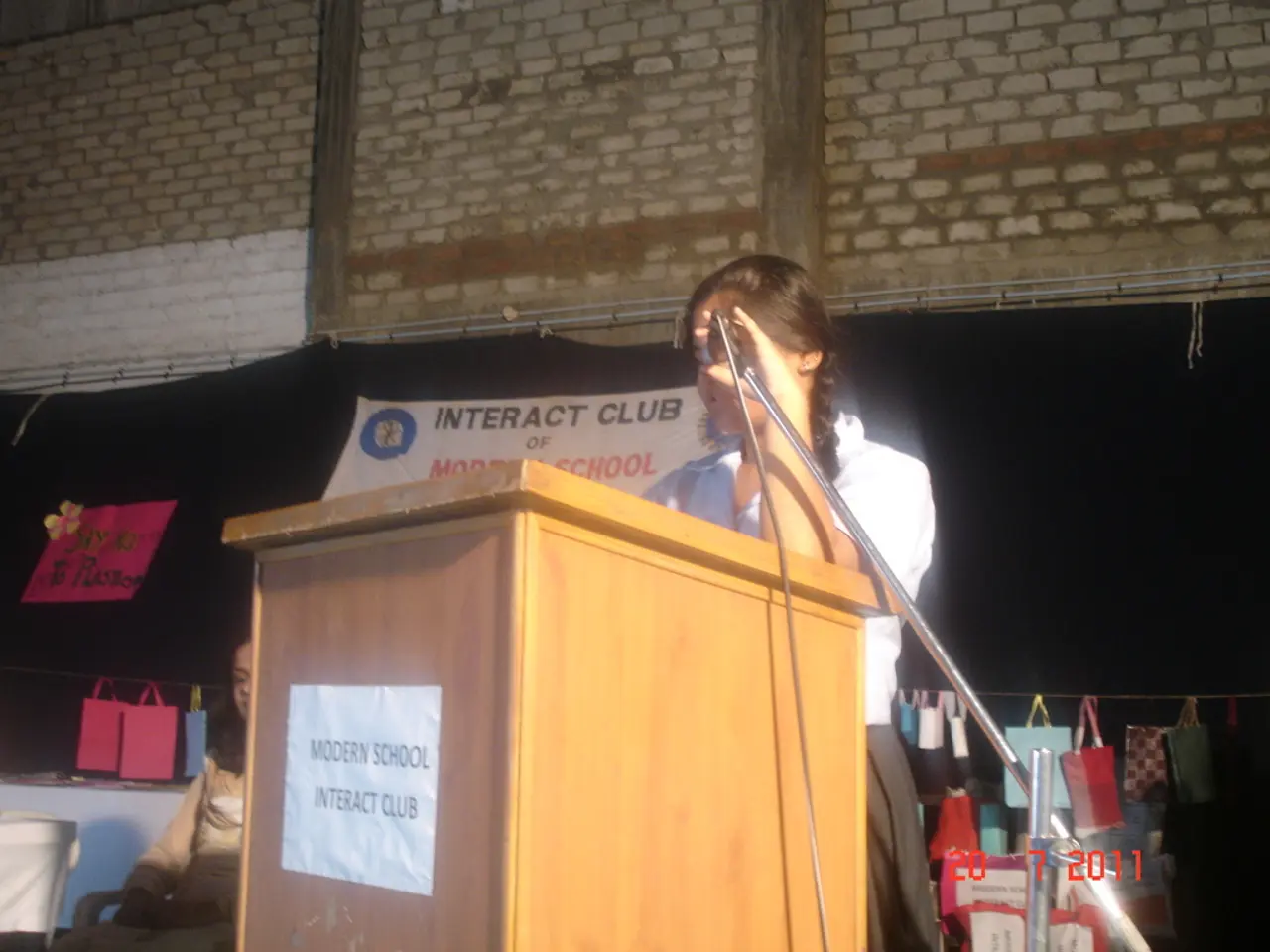International Diplomacy: European Countries Establish Requirements for Ukraine Peace Agreement - Diplomatic efforts in Ukraine: European countries establish prerequisites
The latest peace proposals from European states for Ukraine have been emphasising unwavering support for Ukraine's sovereignty, territorial integrity, and security. These proposals, which have been meticulously coordinated with representatives from Britain, the US, France, Germany, Italy, Finland, and Poland, aim to bring an end to the ongoing conflict in a just and lasting manner.
In a joint statement issued on August 2025, 26 EU countries affirmed their strong political, financial, and military support for Ukraine's self-defence. The statement demanded security guarantees for Kyiv and underscored the importance of respecting Ukraine's territorial integrity, with no changes to its borders by force. The EU leaders emphasised that any peace process must include Ukraine itself and protect European security interests. Notably, Hungary withheld support for this statement.
The European Parliament has also stressed the necessity of Ukraine's full, democratic leadership involvement in negotiations. They strongly cautioned against any peace deal that rewards Russia’s war of aggression or alters Ukraine’s borders by force. The Parliament called for unity and steadfast support to Ukraine until a comprehensive, just, and lasting peace is secured on terms aligned with international law and Ukraine’s will.
Historical peace negotiation attempts, such as the Istanbul Communiqué in early 2022, proposed that Ukraine adopt neutrality and cease NATO membership plans, with limitations on military size and security guarantees from Russia and Western countries. However, key sticking points remain over Ukraine's military capabilities and security guarantees, with Russia seeking veto power over military assistance to Ukraine, which Ukraine and Western guarantors like the UK reject.
Crucially, European statements now uniformly call for peace negotiations only after an unconditional ceasefire, dismissing Russian proposals seen as insincere or designed to prolong the conflict. The current approach focuses on enabling Ukraine to continue its defence until conditions for a just peace aligned with international law and Ukrainian sovereignty are met.
Ukrainian President Volodymyr Zelenskyy has categorically rejected any territorial concessions to the occupiers. The planned meeting between US President Donald Trump and Russian President Vladimir Putin, scheduled for August 15 in Alaska, is reportedly focused on exploring options for a "long-term peaceful solution to the Ukraine crisis." However, the threatened sanctions against Russia for its offensive in Ukraine remain uncertain, with potential delays or lifts.
In this complex geopolitical landscape, the path to peace in Ukraine cannot be decided without Kyiv, and any territorial exchange should be on a reciprocal basis, according to the European peace proposal. Negotiations in Ukraine can only take place within the framework of a ceasefire or a reduction in hostilities. The European states' proposals underscore their commitment to supporting Ukraine's sovereignty and territorial integrity, while seeking a peaceful resolution to the ongoing conflict.
[1] Joint Statement by the EU Member States on Ukraine
[2] European Parliament resolution on the situation in Ukraine
[3] Istanbul Communiqué
- The European Union, in its commitment to the implementation of the Lisbon strategy and upholding general news values, has issued a joint statement and passed a resolution on Ukraine, emphasizing that peace negotiations must involve Ukraine itself and protect European policy-and-legislation interests.
- In light of the ongoing war-and-conflicts in Ukraine, the European Union has urged for a peaceful resolution that respects Ukraine's territorial integrity, while maintaining its policy-and-legislation stance that does not tolerate territorial changes by force.








